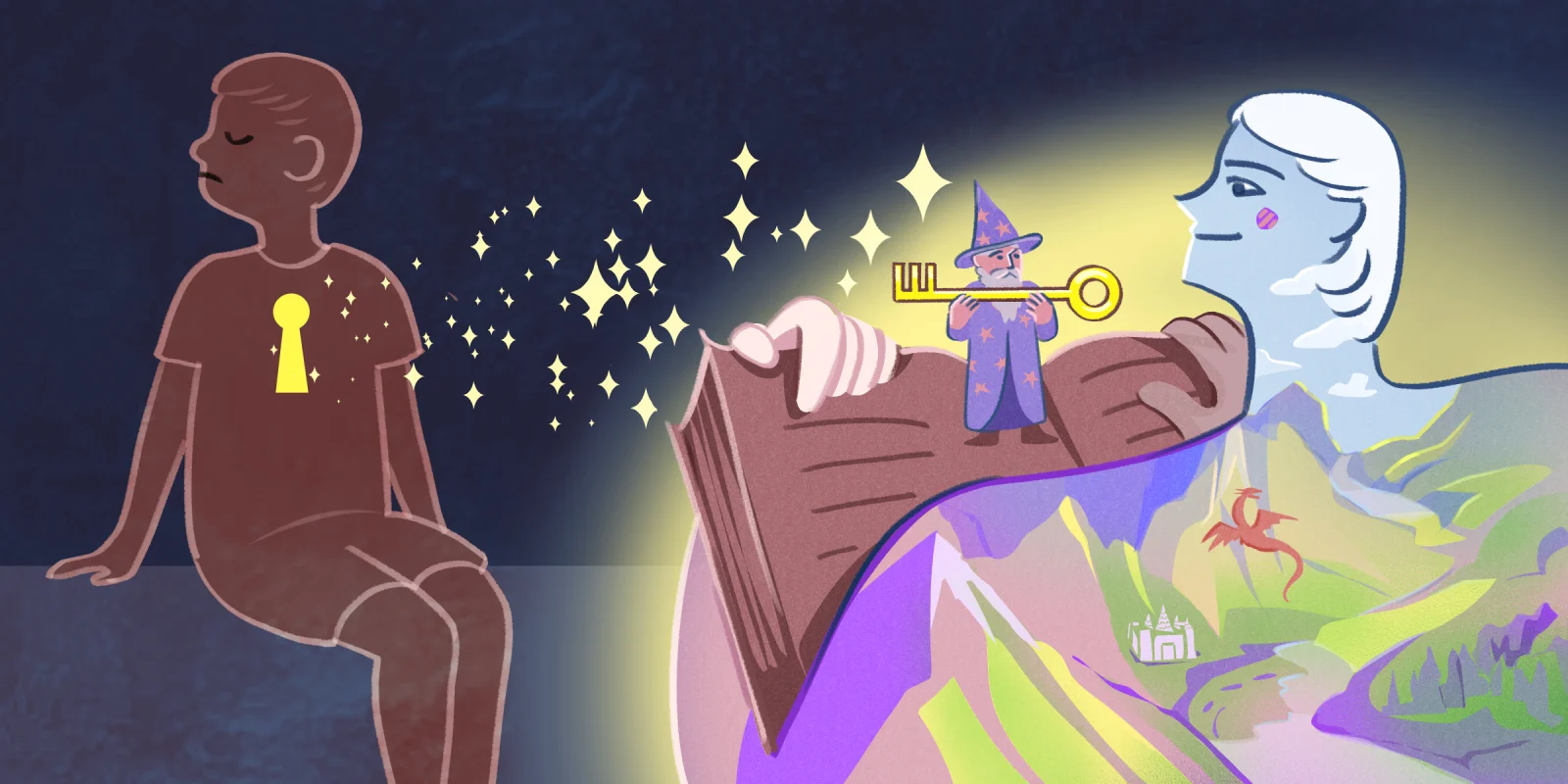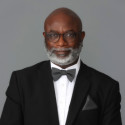Right from early childhood, I found joy in reading, and everywhere we lived, access to good public or school libraries was a constant feature. I never lacked an abundance of materials to read. Books and libraries saved me from trouble.
As a pediatrician, I have tried to share my love for books and reading with my patients. Like most pediatricians, I’d ask about what books children were reading at every child welfare clinic. Especially during summer break, I would ask kids if they knew where the public library was and if they had a library card.
In the book “Narrative of the Life of Frederick Douglass,” Mr. Douglass wrote that Hugh Auld, his master, was cross with his wife when he discovered she had been teaching slave children how to read. He forbade Mrs. Auld from giving literacy classes to the children because it would cause them to be discontented and unhappy, their understanding of the world would grow, and they would rebel. The encounter inspired Frederick Douglass to devote himself to developing his reading skills.
Year after year, my quest to make every child have a library card and use the library was unchallenged — until last summer! Let’s call him Johnny. Johnny was a superbly self-confident and chatty 9-year-old boy who came for his wellness visit with his father. His hair was neatly coiffed, and he wore a clean T-shirt, khaki shorts, and sneakers. As someone whose mom used to dress us up like we were going to church for our doctor’s visits, I could sense that he dressed up for the visit. Here’s part of our encounter:
Dr.: What grade are you going to next?
Johnny: Fourth grade
Dr.: Nice, how was third grade?
Johnny: Awesome! I was on the principal’s honor roll.
Dr.: Great! Congratulations! What did you do all summer?
Johnny: I spent time with my cousins at Grandma’s place. I played soccer, and I went to a weekend camp.
Dr.: Did you go to the library? Do you have a library card?
Johnny: I can’t find my card and have not visited the library in a long time. I have books on my iPad.
Dr.: But you can get music CDs at the library.
Johnny: I use my dad’s playlist for any music I want.
Dr.: You can also borrow DVDs from the library.
Johnny: We have Netflix.
Dr.: Well, there are not many streaming services for old educational movies, and not many old storybooks are available as e-books.
After Johnny left, I had to rethink my usual spiel about getting children to use libraries.
While libraries have a vast collection of physical and digital books, many homes have access to online libraries, e-books, and other digital learning resources, so going to the library for many children may soon become obsolete if no other services are offered.
The role of libraries is a topical issue in Summit County, Ohio, where I live and work. So much so that increasing property taxes to fund upgrades to our libraries became a ballot issue. At the May 2025 primary elections, we successfully voted to raise $ 160 million over the next 20 years to provide better, more modern library facilities for our children. I don’t know of a better use of our tax dollars.
Let’s re-imagine a 21st century library system as a vibrant community hub where learning of all types can be received. We must host educational workshops on topics or activities our children want, provide homework assistance and quiet study spaces for older kids, and libraries can become safe gathering spaces for young adults to hone networking and even dating skills. Let’s not forget the many ways adults can put the library to good use. The library should be a welcoming space for the community to gather, innovate, collaborate, and create new ideas and businesses.
As pediatricians, our holistic approach to the well-being of children requires us to go beyond their physical health and include crucial literacy, cognitive, and socioemotional developmental milestones. Local public libraries and school libraries are our partners in this regard. As children begin their long summer break, pediatricians and all PCPs taking care of children should actively promote the use of public libraries as a means of maintaining educational engagement during the long vacation.
Do you prescribe libraries to your patients? Share in the comments.
Koye Oyerinde, MD, DrPH, is a pediatrician and health policy expert who lives in Akron, OH. He authored the well-received memoir titled "Who Should We Let Die?" He was a 2023 Doximity Digital Health Fellow.
Illustration by April Brust






